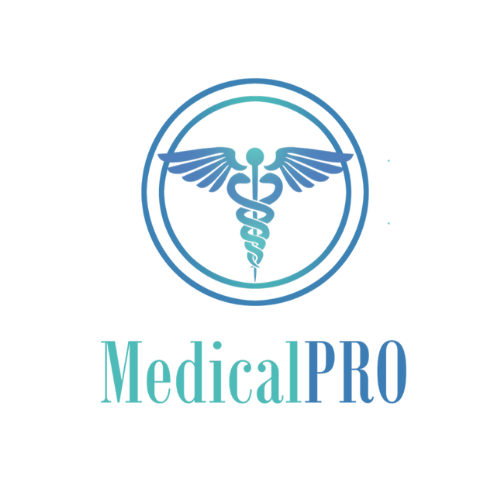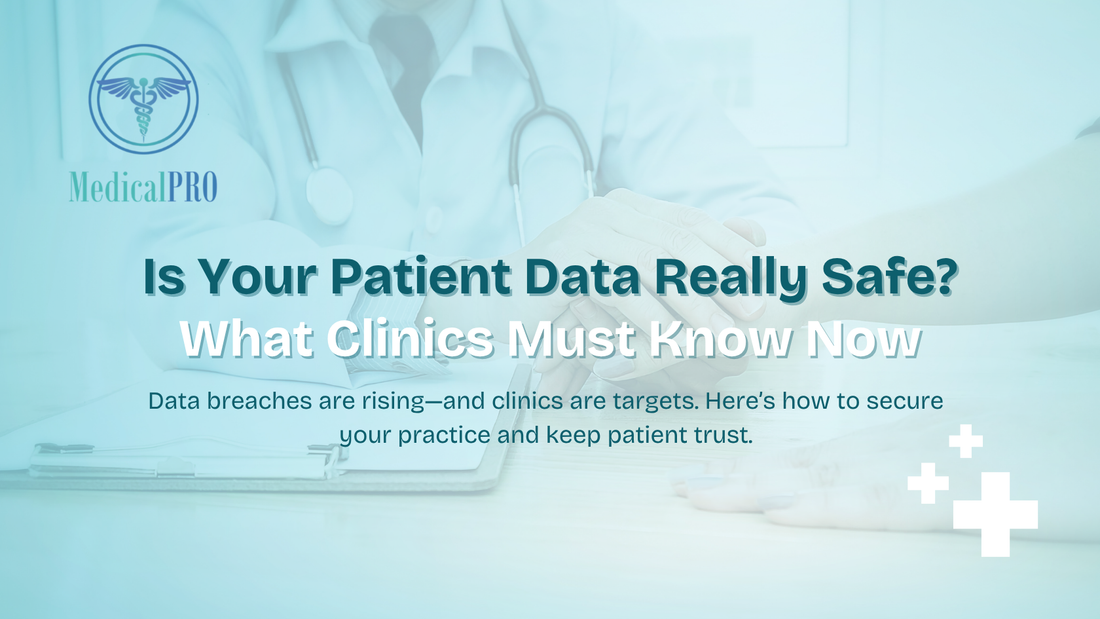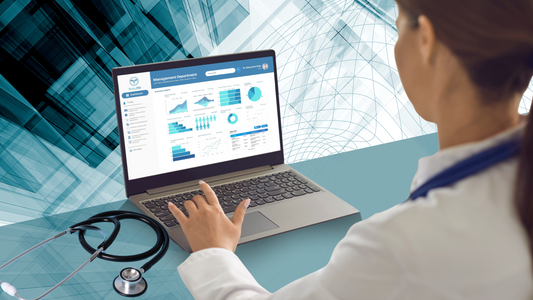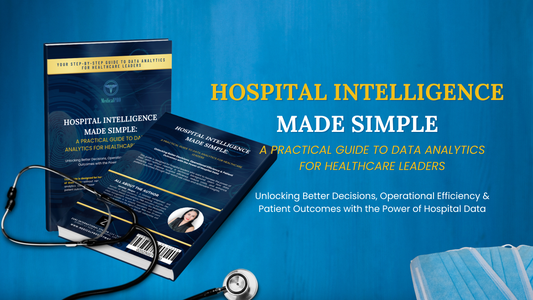Data breaches are rising—and clinics are targets. Here’s how to secure your practice and keep patient trust.
One Morning, the Screens Went Dark
In a busy clinic in Makati, a regular Monday turned into a nightmare. The front desk couldn’t open the appointment system. Doctors couldn’t access patient records. A message flashed on screen:
“Your data has been encrypted. Pay to unlock.”
The clinic had been hit by ransomware. In a single moment, everything stopped.
The worst part? It wasn’t a major hospital—it was a small private practice. Just like thousands of others across the Philippines and Indonesia.
Why Small Clinics Are the New Target
Many clinic owners assume hackers are only after “big fish.” That’s a dangerous myth.
In fact, smaller healthcare providers are easier targets because:
- They often use outdated systems.
- They have limited or no IT support.
- They store sensitive personal data that’s easy to sell or exploit.
- They don't have strong backup or recovery systems in place.
And for patients, a breach isn’t just inconvenient—it’s terrifying.
Once trust is broken, it’s hard to earn back.
The Real Cost of a Data Breach
It’s not just about “losing files.” The true impact includes:
- Lost patient trust
- Revenue disruption from downtime
- Legal penalties and compliance violations
- Emotional stress on staff and leadership
- Negative reviews and reputation damage
In Southeast Asia, data protection laws are tightening. In the Philippines, the Data Privacy Act mandates strict standards for patient information. In Indonesia, new Data Protection regulations echo the same.
Failing to protect your data doesn’t just hurt—it can cost you dearly.
But Here’s the Good News: You Can Prevent It
Securing your clinic’s data doesn’t require a huge IT budget or a cybersecurity degree. What it does need is awareness, good habits, and the right digital tools.
Here’s how clinics like yours are doing it:
1. Use Trusted Cloud-Based Systems
Systems like MedicalPro store your data in secure, encrypted cloud environments with automatic backups and real-time monitoring. That means:
- No risk of local system failures
- Secure access from any device
- Controlled user permissions
Unlike manual record-keeping or outdated software, cloud platforms evolve with new threats, keeping you protected in the background.
2. Limit Access and Track Logins
Not every staff member needs access to everything. Good systems allow you to assign roles—so nurses, admin staff, and doctors only see what they need.
Bonus: You can track who accessed which records and when.
3. Automate Regular Backups
If your data lives only on one local computer—you’re at serious risk. A power surge, stolen laptop, or corrupted drive could wipe it all.
Automated cloud backups give you a safety net. Always.
4. Train Your Staff, Not Just Your System
A secure system is only as strong as the people using it.
- Don’t share passwords.
- Don’t leave accounts logged in on shared devices.
- Don’t click suspicious email links.
- Lock screens when stepping away.
Hold a simple staff training session every quarter. It makes a huge difference.
5. Monitor, Audit, Improve
Make data protection part of your regular operations:
- Audit system access once a month.
- Review who’s logging in—and from where.
- Update passwords quarterly.
- Ask your software provider about new security updates.
Digital safety isn’t a one-time fix—it’s an ongoing practice.
A Clinic in Surabaya Did It—So Can You
After nearly losing two weeks of billing data from a broken hard drive, a general practice clinic in Surabaya moved to MedicalPro. The result?
- They now have multi-user access with secure logins.
- Backups run every night automatically.
- Staff training is part of new employee onboarding.
- They feel safer—and patients notice the difference.
A patient once said: “I like that you send my prescriptions and receipts digitally now. It feels more professional.”
That’s trust in action.
You Don’t Need to Feel Overwhelmed
Yes, cybersecurity can sound technical. But think of it this way:
- You lock your clinic doors.
- You keep medications secured.
- You store physical charts in locked drawers.
Your digital data deserves the same protection.
One Small Step Today, Long-Term Peace of Mind
If you’ve been putting off data security upgrades because of cost or complexity, start with this:
- Switch to a cloud-based EMR.
- Review your staff access roles.
- Schedule your first data safety audit.
These aren’t massive changes—but they create a huge safety net.
Your patients trust you with their health. Make sure they can trust you with their information, too.
If you’re ready to protect your clinic better, let MedicalPro help you take the first step.







